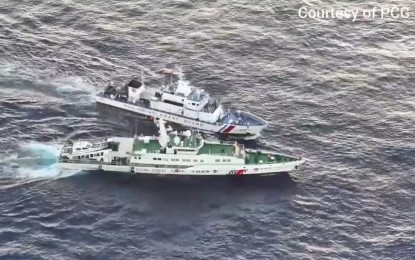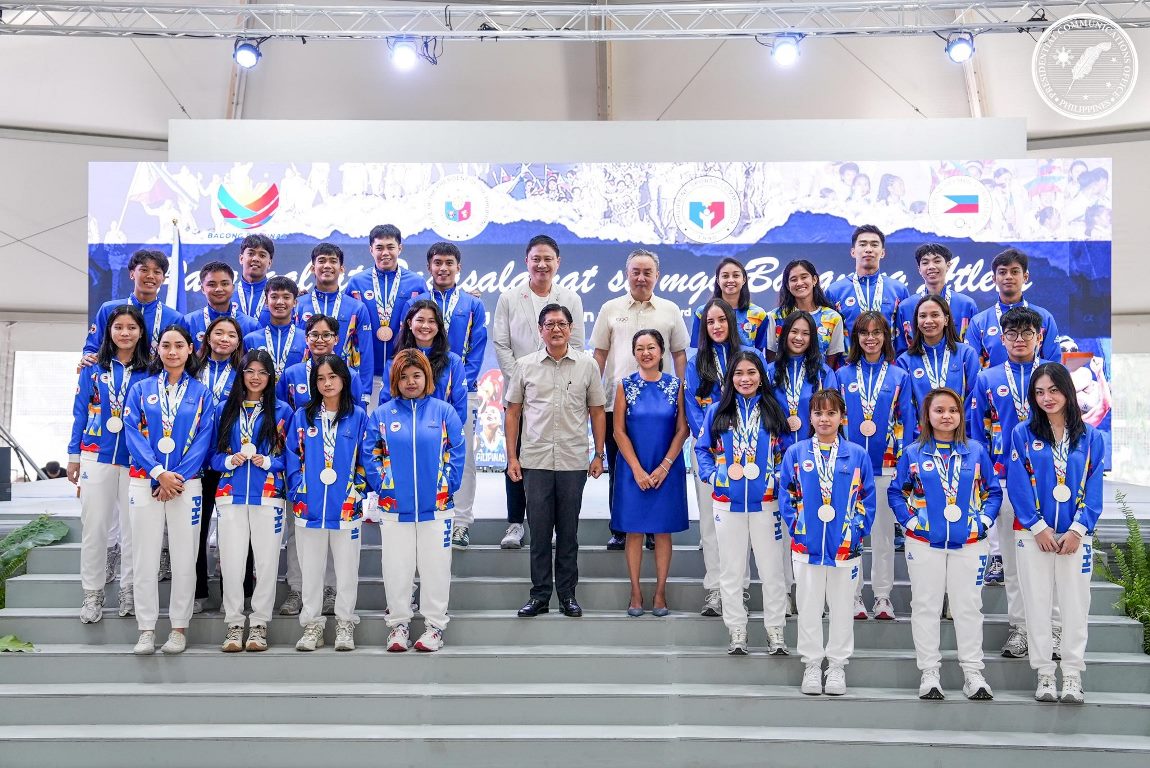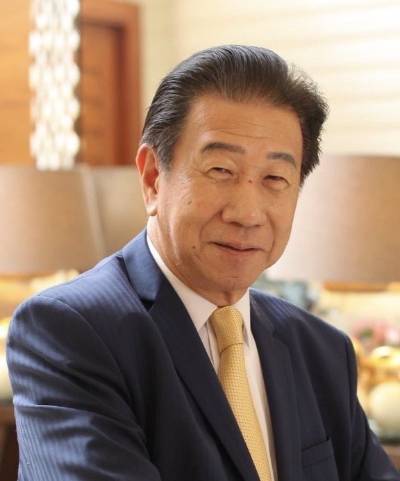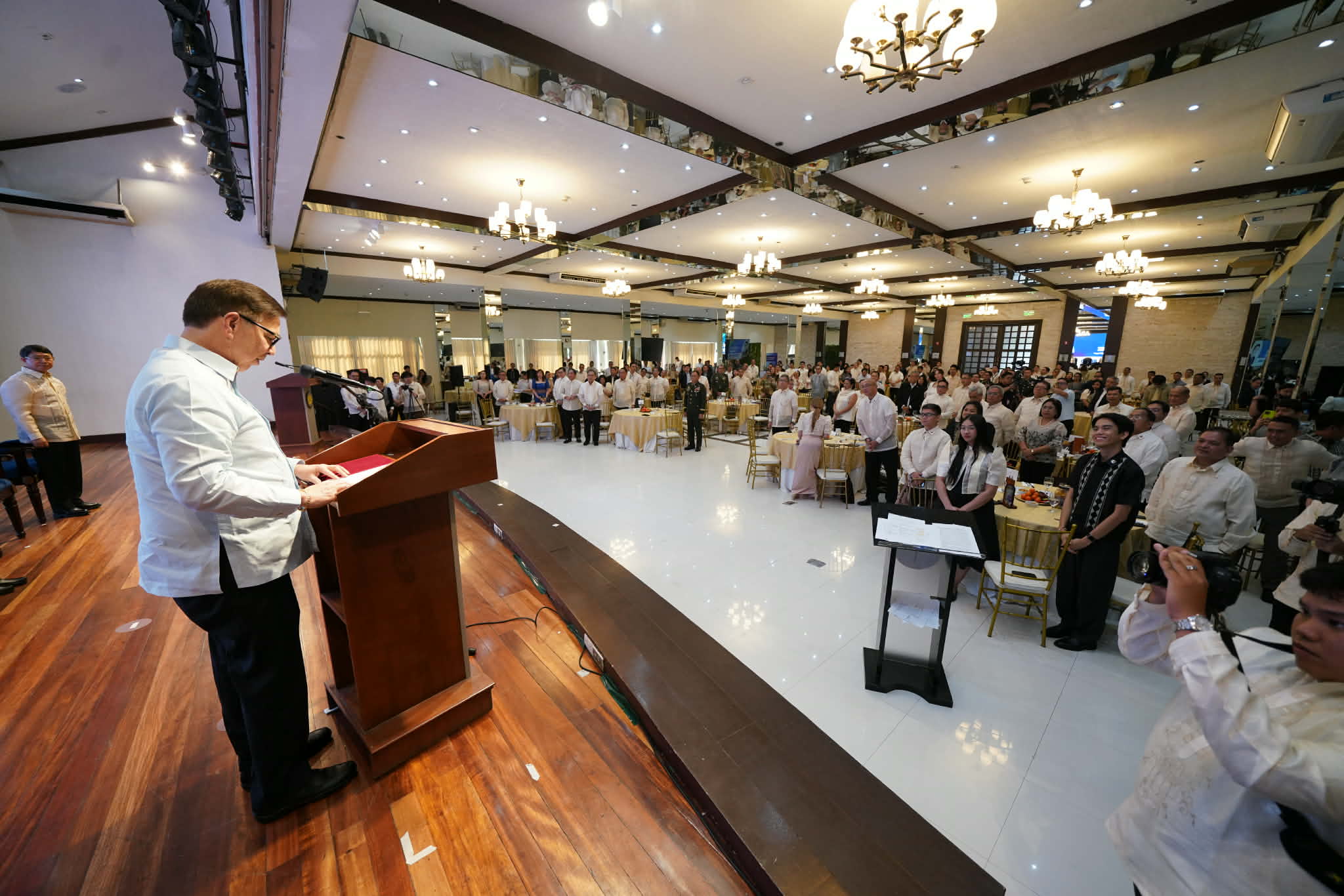TERRITORIAL DISPUTE. The Philippine Coast Guard (PCG) reported on Tuesday (March 5, 2024) that one of their vessels sustained a minor damage after it figured in a collision with a Chinese Coast Guard vessel during a resupply mission for troops stationed at the BRP Sierra Madre at the Ayungin Shoal. Commodore Jay Tarriela, PCG spokesperson for the West Philippine Sea, said the collision was a result of what he described as dangerous maneuvers of Chinese vessels in an attempt to block Philippine vessels. (Screenshot from PCG video)
The Philippines must strengthen its maritime and air capabilities to defend and protect its territory from the threat of foreign invasion, De La Salle University professor Renato de Castro, a noted Filipino political analyst said recently.
De Castro suggested that the Marcos administration should now focus on external threats, particularly China’s provocative actions towards the Philippines in the West Philippine Sea.
“The very essence of this suggestion, of course, is to develop our capability to project our comprehensive power in our exclusive economic zone. Not just in the West Philippine Sea, not just in the South China Sea, but in the entirety of our territory,” he said in a weekly news forum in Quezon City.
In the same forum, University of the Philippines Institute for Maritime Affairs and Law of the Sea Director Jay Batongbacal, said the government must take an unconventional approach to defend the country’s territory and maritime natural resources that are “being taken actively by China.”
Batongbacal and de Castro agreed that the government must come up with “comprehensive” strategies and suggested that it may conduct a unilateral exploration of the country’s resources and develop the Armed Forces of the Philippines’ (AFP) tri-service composed of the Army, Air Force, and Navy units.
Given that China “has the largest navy in the world,” de Castro proposed amending the AFP Modernization Law to allow the military to acquire its warships from local manufacturers. He made the recommendation, stressing the need to improve the country’s port facilities and develop the shipbuilding industry.
“We cannot develop a credible Navy if we do not have a strong shipbuilding industry. We have to get ready, but of course, the first thing that we have to do is to fully understand the issues confronting our country,” he noted.
De Castro acknowledged that the current administration’s response to China’s recent actions is “very rigorous,” citing the efforts to heighten the Philippines’ presence in its maritime territory.
Batongbacal agreed with de Castro’s statement, saying the country is “leveling up” since most of the AFP personnel from its three major units are getting involved in addressing the external threats, specifically China’s presence in Philippine waters.
“Sineseryoso talaga ng gobyerno yung challenges natin ng external defense kasi matagal na, ilang dekada na, maraming administrasyong nagdaan na parang masyado talagang naabsorb ang atensyon ng defense sa internal security operations (
“The government is really taking our external defense challenges seriously because for a long time, for several decades, the past administrations seem to have focused attention of defense to internal security concerns only,” he said.
Batongbacal said China, is “clearly violating international law and trying to force us to submit to it, so we need to protect our interest and defend our resources, and we must assert our rights and entitlements in accordance with international law.”
National Defense Secretary Gilberto Teodoro Jr. announced that last Friday that the AFP has adopted the new Comprehensive Archipelagic Defense Concept to defend the Philippine territory, including its EEZ.
The defense concept would allow the Philippines to project its military power into areas that must be protected and preserved according to the country’s Constitution.
The move comes as Chinese President Xi Jinping called for coordination of military strategy at sea and to prepare for potential maritime conflicts. (With PNA)
















